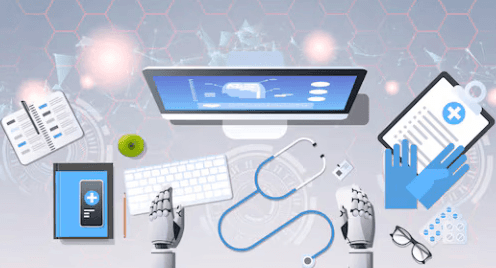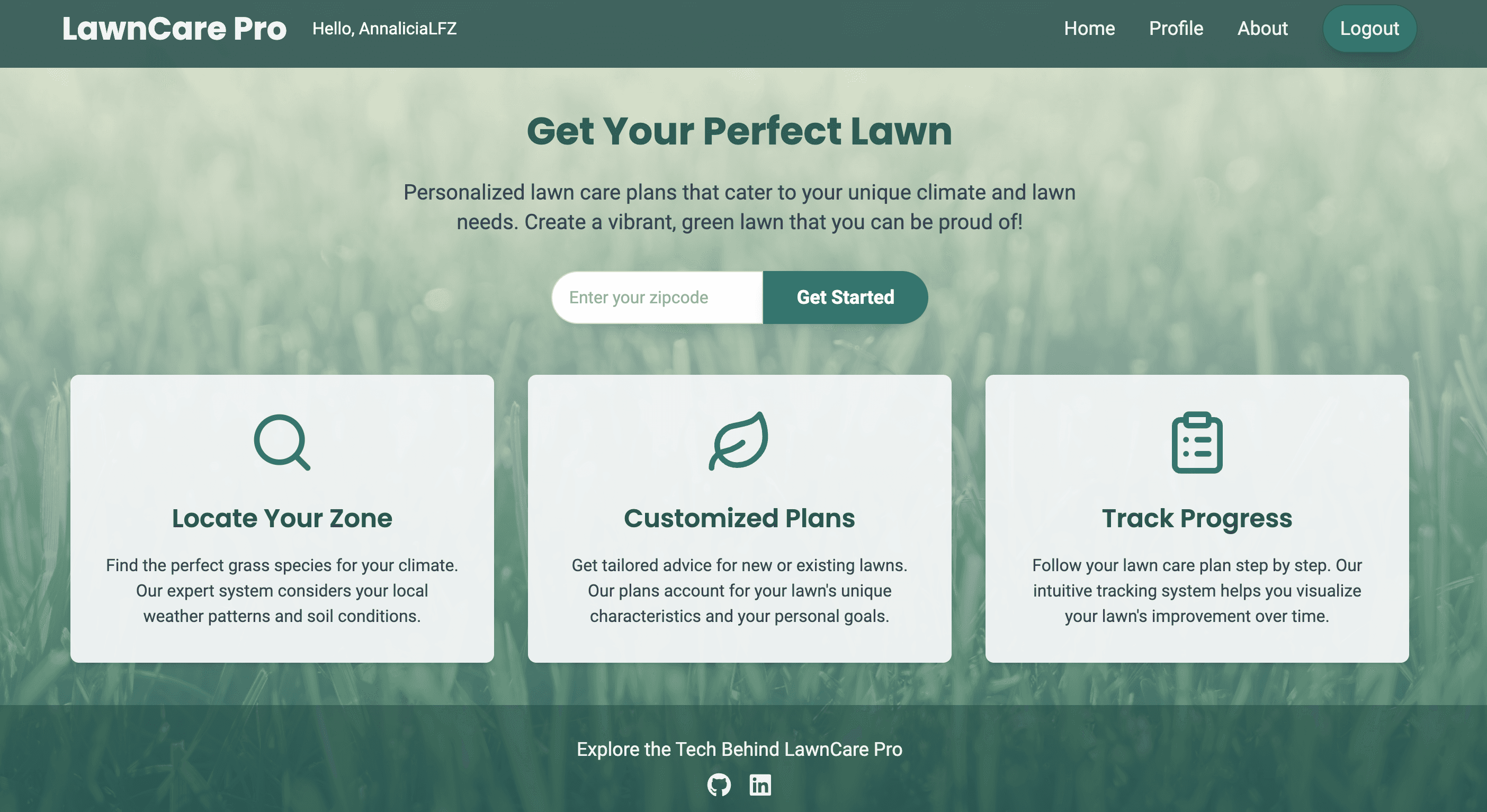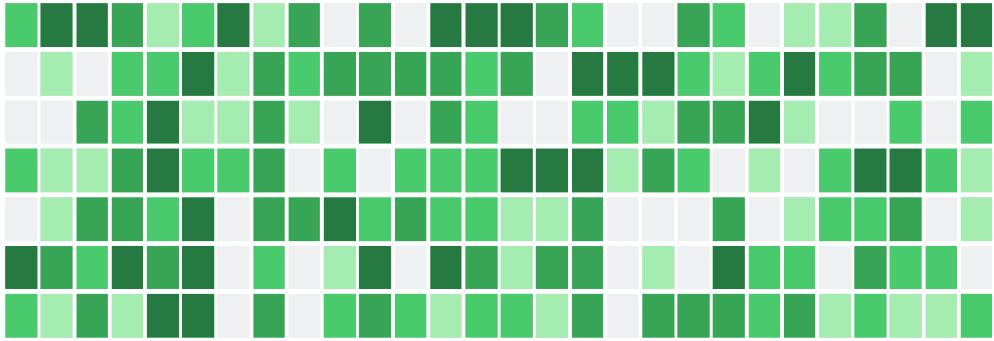How to Choose the Best Data Analytics Bootcamp
In today’s world, virtually all business is conducted electronically, and this goes much further than just online retail stores. From the time it takes to load a semi truck and send it to its destination to the timestamp on your receipt at the grocery store, every piece of data is recorded and stored electronically.
Data analytics is the key to unlocking this data and extracting its value. Through data analytics, businesses can leverage their data to create and streamline processes, identify problems, and prescribe solutions, among many other critical functions.
However, the problem that many businesses face is finding the best way to manage, consolidate, scrub, and apply this data to maximize their profits. This requires human intervention, which is why data analysts are in ever-increasing demand.
Are you aspiring to become a data analyst? Or maybe you'd like to learn more about how to find the best data analytics bootcamp? Find out how you can choose the best bootcamp to set you up for a successful new career in data.
What Is Data Analytics?
Data analytics is a versatile field with many different applications. To put it in simple terms, data analytics is the science of collecting and organizing data to interpret and extract useful information.
While the potential for data analytics is almost endless, this field can be broken down into four primary applications:
Descriptive Analytics
This branch of data analytics focuses on the metrics within a data set. Essentially, this tells us how the data has changed over a certain interval. Are sales up or down? How does attendance look in comparison to this time last year?
Diagnostic Analytics
This type of data analysis requires a more detailed set of data and focuses more on the “why” rather than the “what.” By identifying trends and patterns, then drawing a line through the common denominators, data analysts can make educated hypotheses on the root causes and factors that drive certain trends.
Predictive Analytics
Another important aspect of data analytics is predictive analysis. With predictive analytics, data analysts can use existing data to forecast the behavior of future data. This can be especially useful when planning future business activities, such as sourcing materials and labor.
Prescriptive Analytics
Finally, and perhaps most importantly, prescriptive analytics is the aspect of data analysis that shows us what we should do when considering our existing data. Prescriptive analytics can tell us where a process went wrong and give insight into how it can be improved. In contrast, it can also show us what aspects were successful and should be emphasized in the future.
Are you completely new to data analytics? Or are you just looking to improve your existing knowledge and skills. Either way, the best data analytics bootcamp can help you grow in your career.
What Is a Data Analytics Bootcamp?
A data analytics bootcamp isn’t just a crash course to get your foot in the door. Instead, it’s a well-rounded instruction course on data science and data analysis fundamentals designed to prepare you with the knowledge and hands-on experience needed to start a successful career in data analytics.
A data analytics bootcamp will start by giving you a comprehensive overview of different aspects of data science and data analysis. Then you will dive deep into each of them to thoroughly understand each element and how it relates to the bigger picture.
Some areas you will focus on studying include:
Artificial Intelligence and Machine Learning
Recent breakthroughs in artificial intelligence and machine learning are already demonstrating profound implications concerning how we communicate and obtain information, and these developments are only possible because of data analytics.
In the best data analytics bootcamp, you will practice building, training, and testing machine learning models. You will also have the opportunity to work with AI technologies that have shaped and guided the digital era, such as natural language processing, image recognition, and recommendation systems like those used to create search engines.
Python
Python is a dynamic computer language that is both flexible and efficient. This allows users to implement different types of logic to produce a desired outcome.
If you are new to programming and programming languages, don’t let the idea of writing code scare you - Python is a beginner-friendly programming language with a clean and straightforward syntax.
Data analysts regularly employ Python scripts to organize and clean data, make it visually intelligible, perform statistical analyses, and much more. This is made possible through Python’s logical framework, which can quickly perform repetitive tasks and extract useful information.
Cloud Computing
Cloud computing is a solution regularly used by data analysts for many different reasons. Ultimately, these reasons boil down to its affordability and practicality, making cloud computing a viable option for virtually any enterprise, whether large or small.
Data analysis often requires vast amounts of storage and computing power, as well as versatile and expensive software. Cloud computing allows organizations to access all of these necessary tools for a small fraction of what an in-house setup would cost.
Chances are you will rely heavily on cloud computing throughout your data analyst career, and employers prefer to hire data analysts who are well-versed in all of the leading cloud computing solutions.
If you want to attend the best data analytics bootcamp, enroll in a program that covers all of the fundamental areas of data science and analysis. In addition to the material covered.
How to Choose the Best Data Analytics Bootcamp
If you're searching for the best data analytics bootcamp, first, ask yourself a few questions. What is data analytics? What kinds of technologies does it employ? And what should you look for in the best data analytics bootcamp?
Ideally, the best data analytics bootcamp will include:
Daily support - The importance of daily feedback can’t be overstated in any educational environment - you need to be able to ask questions and reach out for guidance. Participating with others is crucial for receiving a well-rounded education. The best data analytics bootcamp gives you direct access to instructors and other students through chat rooms and question queues.
Exercises with real-world applications - An ounce of practice is worth a pound of theory. When it comes to acquiring new skills, learning how to do something is rarely as effective as actually doing the same thing. Once you have the basic knowledge required to get started, putting that knowledge to use is the best way to retain your knowledge and give it context. When searching for the best data analytics bootcamp, it is important to find a course that guides you through real-world projects step-by-step. With this experience, you will be ready to dive right in when you land your dream job in data analytics.
Knowledgeable instructors with actual experience - The best data analytics bootcamp has instructors with years of experience working in the field of data science. Their real-world experience equips them with invaluable, practical knowledge which they can pass on to their students.
Networking opportunities - It goes without saying that you are only considering the best data analytics bootcamp to advance or change your career, so finding a data analytics program connected to an extensive network of employers—like LearningFuze's 300+ hiring partners—is a huge plus.
Once you have an understanding of what you will learn and what you should look for in the best data analytics bootcamp, it’s time to consider one of the most important questions: what kind of data analytics careers are there?
What Kinds of Data Analytics Careers Are There?
The short answer to this question is “lots!” For those who are naturally analytical and technologically inclined, there is no shortage of lucrative positions in the field of data analytics.
A quick search for “data analytics jobs” will reveal that there is a high demand for data analysts, and there are hundreds of opportunities for job seekers with some of the largest organizations in the country.
Here are a few examples of some areas where you might find your dream job in data analytics:
Data Scientist - Data scientists combine several areas of expertise, such as statistics and programming, to produce useful information from various types of data sets.
Data Engineer - Data engineers design, manage, and improve the frameworks used for collecting and retrieving data. Essentially, they are responsible for developing the channels that turn raw data into actionable information.
Marketing Data Analyst - A marketing data analyst, or marketing analyst for short, is a type of data analyst who interprets information about a business’s customers and sales to identify key opportunities for growth.
Risk Analyst - A risk analyst uses financial and market data to identify potential liabilities and consequences associated with a business’s decisions. Another key role of the risk analyst is to develop strategies to mitigate and avoid these risks.
Data Visualization Engineer - These data analysts take on the interesting task of creating dashboards, diagrams, and other visual representations of data sets to make the data more easily digestible. Data visualization engineers achieve this by creating programs capable of retrieving and interpreting data in real time, then displaying it in a visual format.
These examples are just a handful of the many different types of data analysts, and this list will likely continue to grow as businesses identify more opportunities to leverage data into. It is also worth noting that the average data analyst makes about $75,000 per year. Furthermore, data analysts with more specialized skillsets can earn over $100,000, making data analytics a lucrative career choice for those who are interested in entering the field.
Do I Need a Degree in Data Analytics to Find a Job?
Although it may seem counterintuitive, the truth is that you do not need a degree to land a job in data analytics. This role is in extremely high demand, and its landscape is highly diverse. What this means for someone looking to start their career in data analytics is that many employers are willing to take on new candidates with relevant training and experience - regardless of whether or not they have a degree.
After attending the best data analytics bootcamp, you will be able to demonstrate to potential employers that you are equipped to take on the responsibilities that come with this role.
How Do I Start a Career in Data Analytics?
LearningFuze’s data analytics course is a two-part program that will provide you with the knowledge and skills to start your new career.
Our Data Science Prep Course will teach you the foundations of statistics, Python, and data science. After completing the introductory course, you will be ready for our deep learning modules. Here, you will learn about AI and machine learning, web scraping, statistical analysis, neural networks, and more.
Do you already have some working knowledge of data analytics and want to expand your skill set? you can apply for the module that best fits your needs!
Over 94% of LearningFuze students find employment within 6 months of enrollment through LearningFuze’s vast network of employers, which makes LearningFuze a smart and practical choice to break into the world of data analytics.
Additional Resources
You might like these

Why learn Python? Discover the versatility, ease of use, and application of this fundamental coding language.

March 5, 2024
Explore data analysis jobs in the thriving fields of Data Analytics & Data Science. Discover roles like Data Analyst, Data Scientist, Data Engineer, and more.

Machine learning is more understandable than you may think. Read about the fundamentals of ML and learn how to build machine learning models with LearningFuze.







